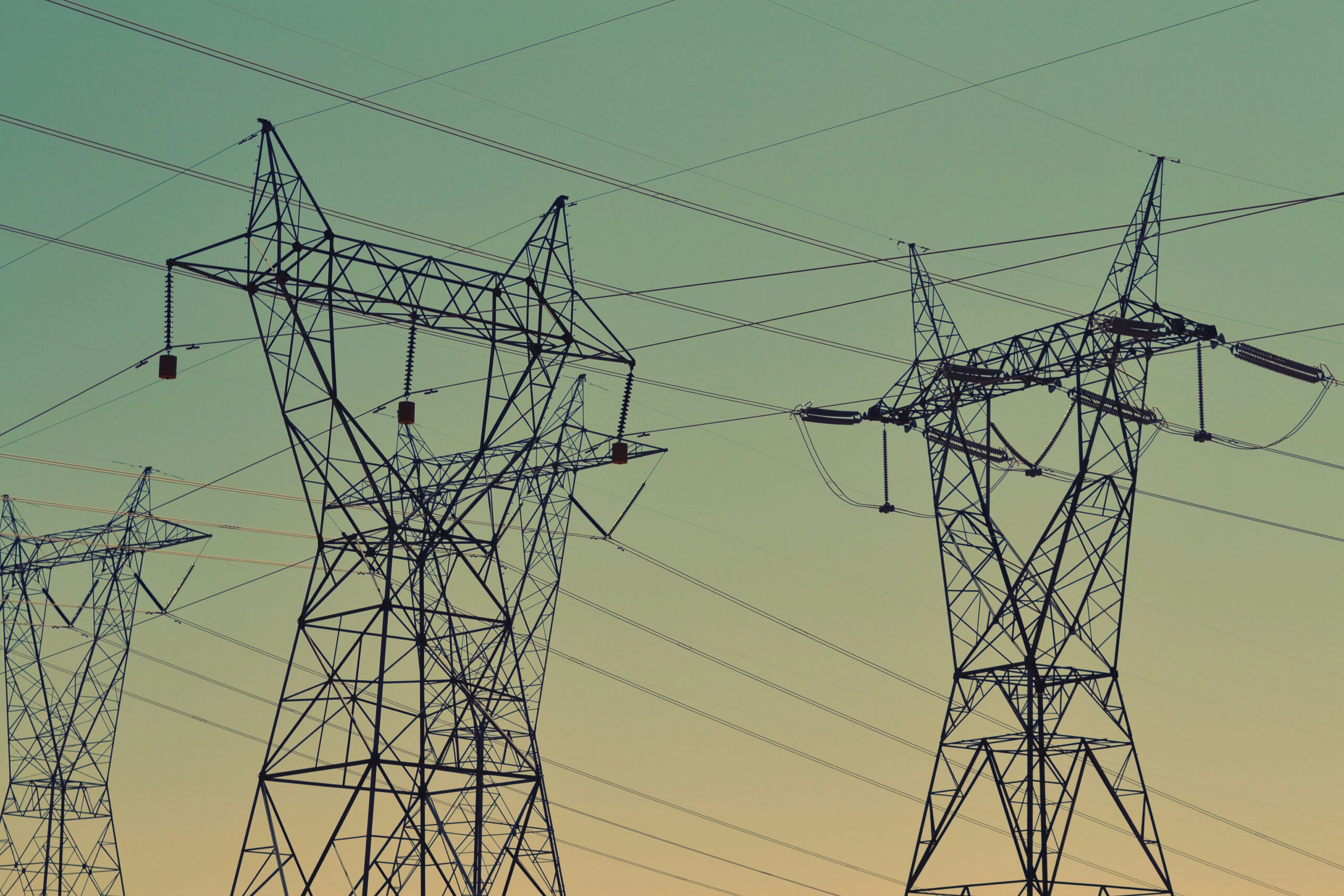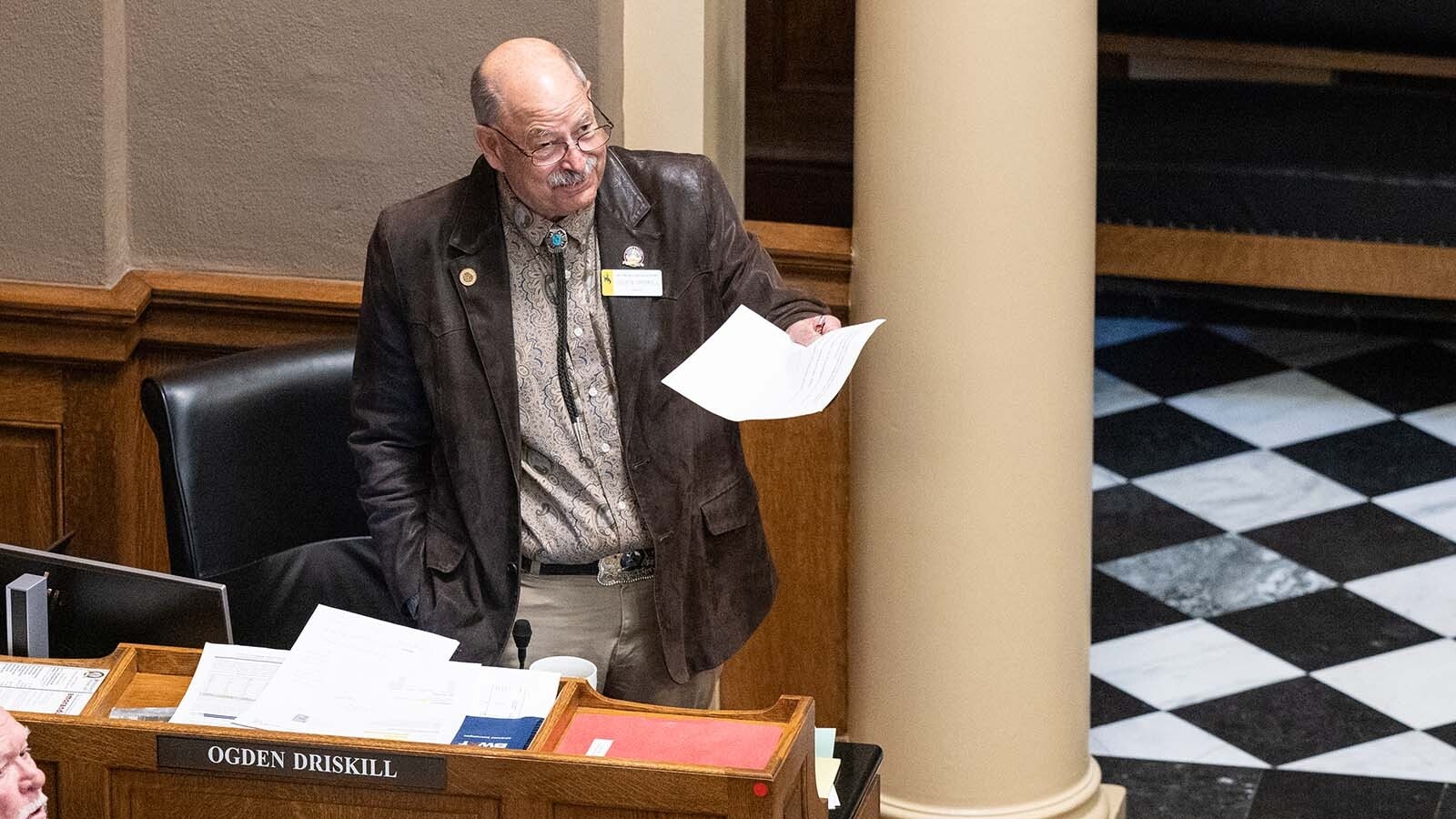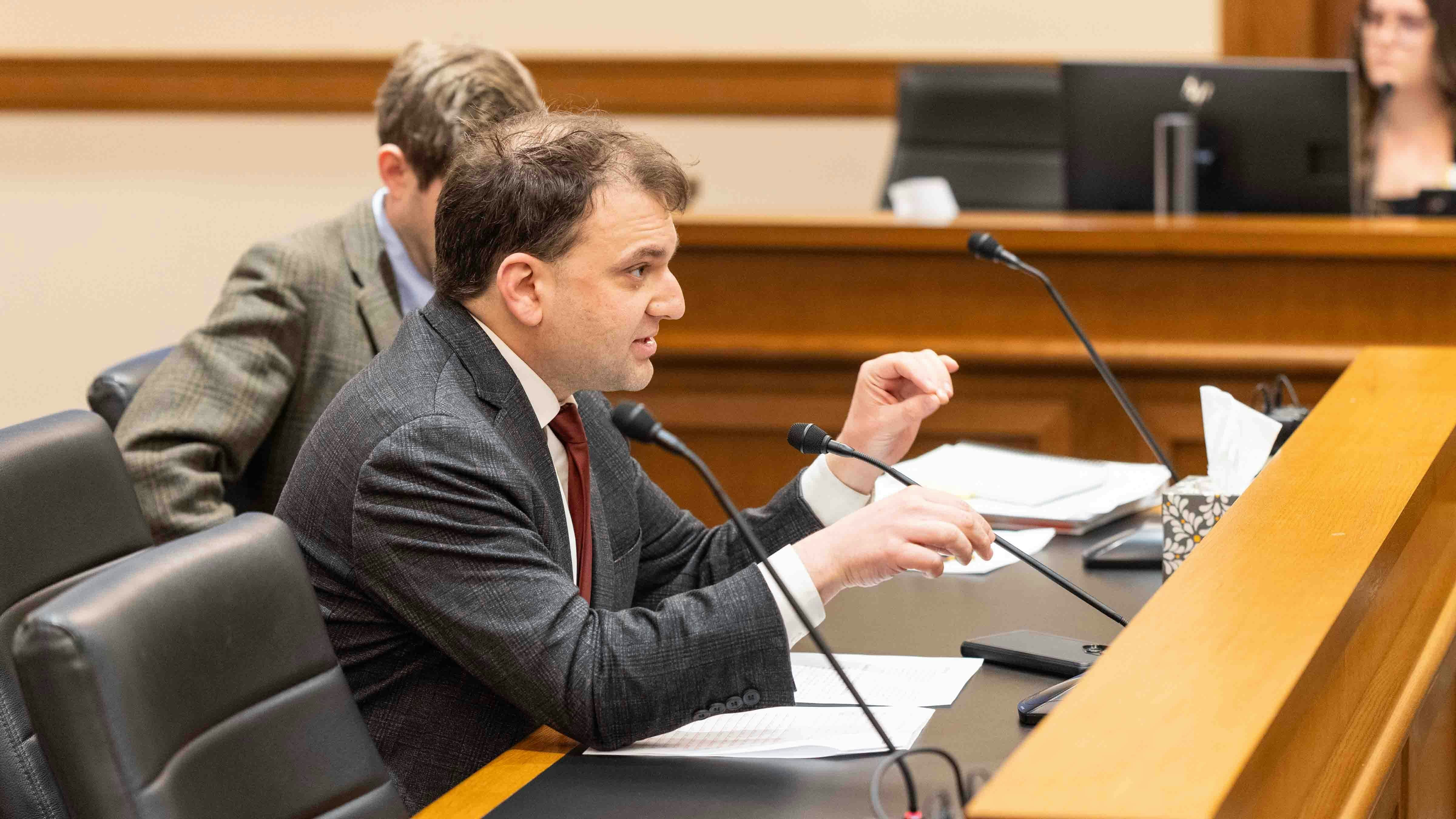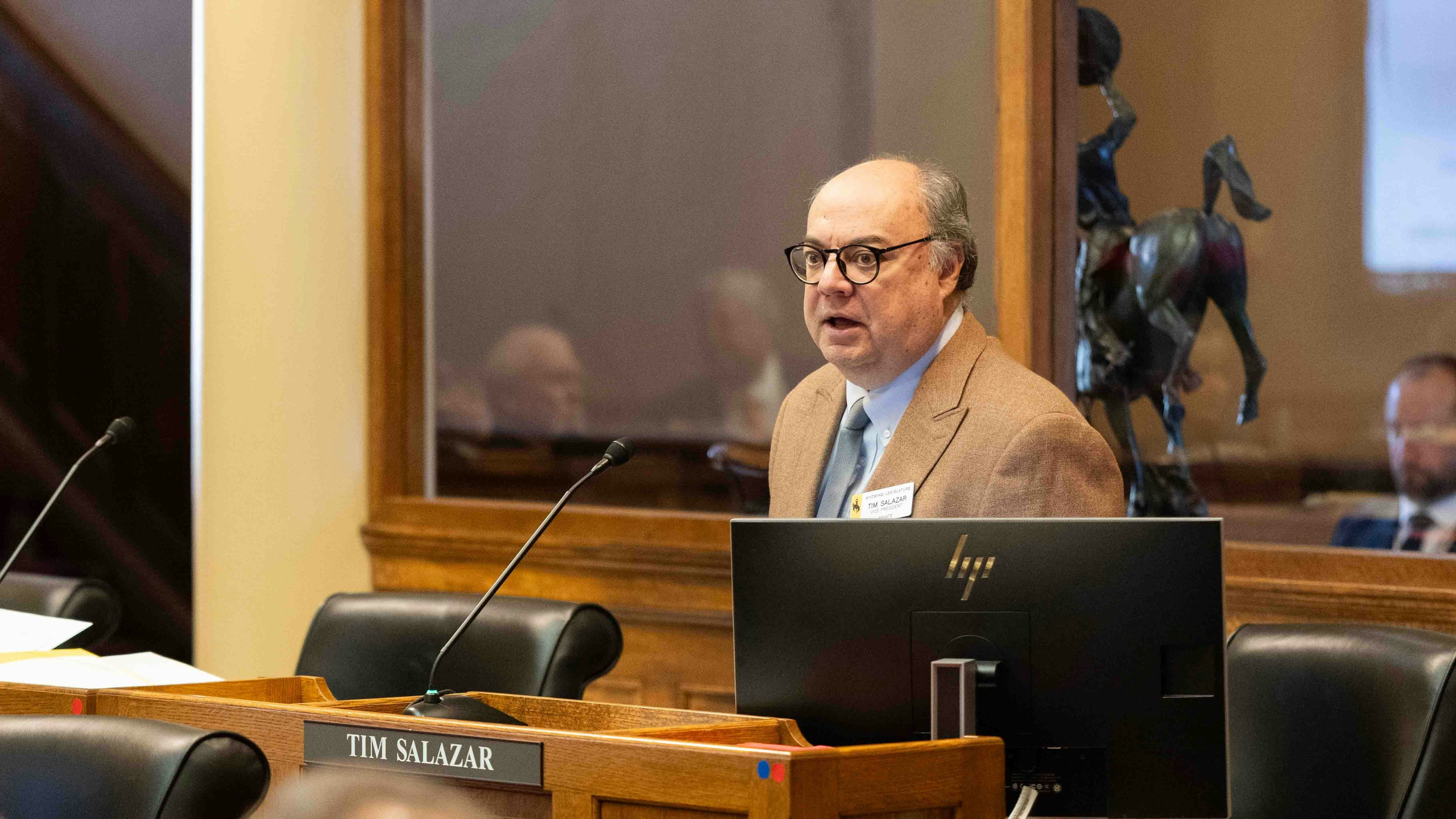Coal production in Wyoming has dropped by over 100 million tons in the past decade, and state Sen. Cale Case doesn’t think the downward slide is close to finished.
“There isn’t a scenario where it turns around, where the decline stops,” said Case, R-Lander, a co-chair of the Wyoming Legislature’s Joint Revenue Committee. “No one can articulate that.”
That will likely spell trouble for state coffers, which are dependent on coal revenue to pay the bills.
What if coal production trickled down to zero? It’s not entirely a hypothetical question these days, considering PacifiCorp’s recently announced draft plan to retire coal plants early.
Fueling state accounts
Wyoming coal producers pay severance taxes, federal mineral royalties, coal lease bonus revenues and ad valorem taxes at various points of the mining process, which flow to different state, education and local government funds. But each revenue source has decreased in the past 10 years:·
- Severance taxes: In 2009, mining companies paid the state $273.3 million. In 2018, they paid $198.8 million. In 2024, state projections show they could pay $185.9 million.·
- Federal mineral royalties, which are divided between the federal and state governments by 51% and 49% respectively: Wyoming received $262.5 million in 2009 and $198.1 million in 2018. Federal data didn’t contain royalty projections for the future.·
- Coal lease bonuses, which have funded Wyoming’s ambitious school construction program, were $213.6 million in 2009 and $5.3 million in 2018. From 2019 to 2024, the state estimates $0 from the bonuses, collected when mining companies pay for expanding operations on federal land. There are no expectations that mines will expand operations in the near future. ·
- Ad valorem taxes, assessed on the value of coal and paid a year after the assessment: Coal companies paid taxes on $3.8 billion in 2009 assessed valuations. They are expected to pay taxes on $2.8 billion in 2018 assessed valuations. By 2024, state projections show valuations falling by another $100 million to $2.7 billion.
The total income from severance taxes, federal mineral royalties and coal lease bonuses dropped from $749.4 million in 2009 to $402.2 million in 2018.
Case notes these figures don’t include sales and use taxes companies pay for items small and large — ranging from paper for copiers to tires for haul trucks.
“We don’t get the sales tax on stuff they buy,” he said. “Because they’re not buying much anymore.”
Replacement revenues
As Revenue Committee co-chair, it’s Case’s job to consider ways to make up for lost coal revenue.
“That’s a big lift,” he said. “It’s a lot of money.”
True, oil and gas continue to bring Wyoming revenue – but not enough to replace coal. And it’s entirely possible, with market concerns about global climate change, that new restrictions could kill demand for those fossil fuels.
Among proposals before the Joint Revenue Committee:
- The committee advanced a proposal in September that would create a corporate income tax of 7 percent on companies with at least 100 shareholders – in other words, businesses not generally headquartered in the state. The revenue created would be around $20 million to $25 million a year, Case said. It’s not a replacement for coal, but a start. A similar measure failed earlier this year in the Legislature.
- Changes to property taxes, including: An increase in the statewide mill levy for schools, increases in some property taxes, and creating a new property tax class for multi-million dollar homes.
- Wyoming taxes wind $1 per megawatt hour. Case would like to see it increased. Case would, in general, like to impose an electricity export tax. “Wyoming’s biggest export is electricity,” he said. At this point, there is no bill draft before lawmakers.
Many conservatives have said they want to see cuts to state government before looking to raise taxes.
“Here’s what I tell people: you’ll get your cuts,” Case said. “We’re going to have to cut like crazy. And we’re still going to need revenues. This is very serious. We’ve never faced anything like this.”
Ongoing discussions
The Wyoming Taxpayers Association, which represents many of the companies that would be affected by a corporate income tax, didn’t support the idea in the Legislature earlier this year. Its leadership hasn’t yet decided on its position on the bill currently under consideration, said Ashley Harpstreith, the organization’s executive director.
The Wyoming Taxpayers Association will be discussing the state’s revenue picture at its annual meeting next month.
“The point is we’re going to have to have those hard conversations,” Harpstreith said. “It’s coming to a head. Industry has been paying the bills for a long time.”





